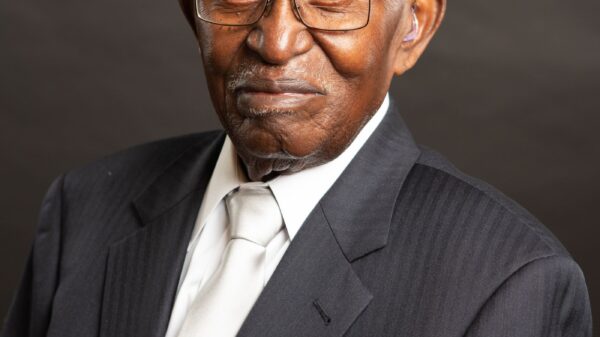Experiencing prolonged grief after the death of a loved one may significantly increase the risk of mortality, according to new research led by Mette Kjærgaard Nielsen at Aarhus University in Denmark. The study indicates that individuals who endure high levels of grief are 88 percent more likely to die within a decade compared to those who manage their grief more effectively.
Previous studies have established connections between bereavement and various health issues, such as elevated blood pressure. Yet, many of these studies followed participants for only a few years after their loss. This latest research offers a more comprehensive view by tracking individuals over a longer period, focusing on the effects of grief on mortality up to ten years later.
The research team utilized a national registry to gather data on individuals receiving treatment for terminal illnesses. They recruited more than 1,700 family members, including parents and partners, to complete a series of surveys before the patient’s death, as well as six months and three years afterward. Participants, with an average age of 62, answered questions regarding their emotional responses to the loss, including whether they attempted to avoid reminders of the deceased.
The analysis categorized the bereaved into three distinct groups based on their grief levels. Of the participants, 670 reported consistently low grief, while 107 experienced persistent high levels of grief. The remaining individuals showed either a decline in grief over time or delayed grief that emerged after the initial loss.
Ten years post-loss, the team examined the medical records of the participants. The findings revealed a stark contrast in mortality rates between the high-grief group and the low-grief group, underscoring the potential health implications of unresolved grief.
Andreas Maercker, a psychologist at the University of Zurich, who was not involved in the study, commented, “There’s a saying that bereavement breaks hearts.” He emphasized that prolonged, intense grief may exert significant strain on the body, leading to earlier death. This strain might also cause lifestyle changes, as individuals in mourning may neglect their nutrition or remain inactive.
Before the study began, only 17 percent of the bereaved had been diagnosed with a medical condition. However, Nielsen noted that this figure was higher among those experiencing significant grief. The presence of pre-existing health conditions could explain the increased mortality within this group. Furthermore, it is conceivable that poor health may exacerbate grief, creating a challenging cycle.
Given these findings, Maercker suggests that providing additional support to individuals grappling with severe, prolonged grief could be crucial for improving health outcomes. Such intervention may not only help mitigate the emotional burden but could also potentially save lives.
This study highlights the critical need for awareness and support systems for those in deep mourning, as the impact of grief extends far beyond emotional pain.





































































